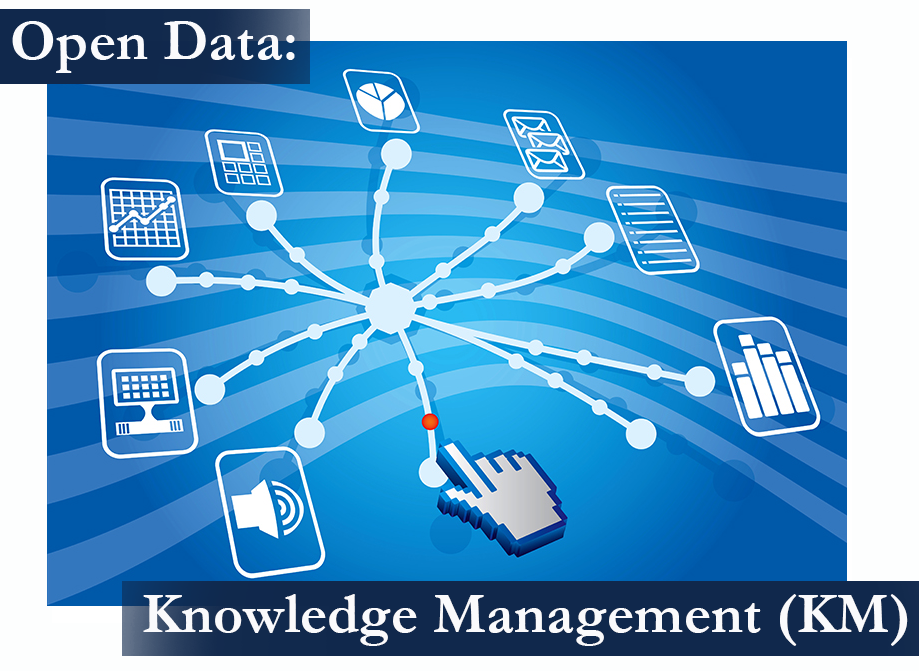By Marcus Durand on Friday, November, 3rd, 2017 in Blog: Collaboration and Knowledge Management,Cadence Group News & Events,Health IT. 1 Comment
This piece is the second installment of a six-part series called “Open to potential: How embracing open data can advance public health practice, governance, and research.” See part 1 of this series: Open Data: What is it and Why is it Important to Public Health?

Open data sounds great on paper. After all, what’s not to like? Proponents cite an impressive array of civic, economic, and operational benefits. Open data can improve health service delivery, public transportation, and education! With so many potential applications and a chorus of advocates making the case for its use on multiple levels of government, significant political momentum toward making public sector data open has been generated – and politics can move incredibly fast.
Unfortunately, the speed of political initiative can compromise the long-term sustainability of open data programs. A recent report by the Open Data Institute on the European Data Portal project illustrates this phenomenon:
The sustainability of Open Data portals – that is, the extent to which they can respond and adapt to challenges – is therefore important. Yet most portals were created quickly as part of a politically driven Open Data initiative, without feasibility studies, business case, strategy or user research. Many were built in response to the nascent Open Government Partnership (OGP) movement, or simply because governments felt they ought to have one. In short, most Open Data portals were set up without sustainability in mind.
As a result of this, portal owners now face a series of interlinked problems: limited funding, challenges instigating re-use of data, data-quality issues, securing political support for publishing relevant data, and scaling up with legacy systems and operating structures. This means many portals struggle to remain fit for purpose.
Barriers to sustainability are common to any type of technological initiative (or any significant shift in the way a program approaches its operations). In order to overcome these barriers, it is important to understand what they are and what strategies can be used to address them. While certain obstacles are specific to an organization’s mission and local context, there are some that are universal and easily anticipated.
Two central considerations to sustainability of open data initiatives are governance and operations, both connected to the organization spearheading the initiative. It is not uncommon for open data platforms to be conceived and executed parallel to, and independent of, “regular” operations, in order to be developed and deployed as quickly as possible (particularly if they are created in response to political priority). While this may be efficient in the short term, it makes it difficult to incorporate use of the platform into the organization’s core functions. The platform exists independently, with staff confused about who is ultimately responsible for it (governance), how and when to use it, and how it relates their work (operations).
Another major barrier that is apparent in open data discussions is the financial one. This can look different for different types of organizations. For example, large federal and state agencies may encounter this challenge in the form of having to provide continuous justification for open data support to policymakers when initial publicity wanes, while nonprofit organizations see this as securing reliable funding streams after the initial open data grant ends. This can tie back to governance as well, as funders of all stripes will naturally have questions about who is managing the platform and how efficiency and accountability of that management can be ensured.
One of the most pressing and intimidating concerns is legal compliance. With health data in particular, organizations must comply with HIPAA and any other local regulations on privacy and confidentiality of protected health information, in addition to records retention requirements. Additionally, open data is not truly open if it is not appropriately licensed. For organizations and agencies whose resources are already stretched thin, this can be a formidable landscape.
Sound information governance and knowledge management practices can go a long way to addressing these concerns. Conducting a needs assessment to understand who is using the data and for what purpose(s), and then using that assessment to develop a business plan and a governance structure to determine who will operate the open data platform and how they will do it is a fundamental practice of good knowledge management. Similarly, developing procedures for how organization staff can accommodate the maintenance of open data into their workflows, training them, and (most importantly) helping them to understand the importance of open data to the organization’s work requires careful planning, which is strengthened and sustained by an organizational culture that prioritizes knowledge management.
Fortunately, a good knowledge management strategy that facilitates the development of sustainable governance and operation of an open data platform can be leveraged to help address financial sustainability. On the most basic level, it is easy to justify and generate enthusiasm for an open data strategy that has a clear purpose and directly benefits the organization’s mission and goals. If the staff understand how it is important to their work and provides added value to clients, it is easy to make the case to continue to support it. Additionally, good knowledge management can lead to lower costs in the planning stages by helping organizations choose technological platforms more strategically. Finally, legal compliance with data privacy and records retention laws is also made easier for companies with solid knowledge management practices. It ensures that they have the expertise to research requirements, assess current practices and products, and address any gaps so that their data can be provided, accessed, and used by the their clients and stakeholders.
This piece is the second installment of a six-part series
“Open to potential: How embracing open data can advance public health practice, governance, and research.”
See part 1 of this series: Open Data: What is it and Why is it Important to Public Health?

dennis mcdowell
March 6, 2018 at 10:00 amGreat article very thought provoking